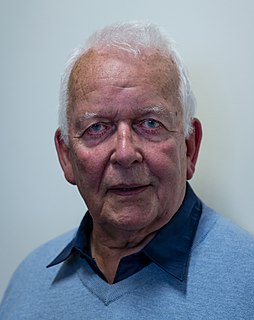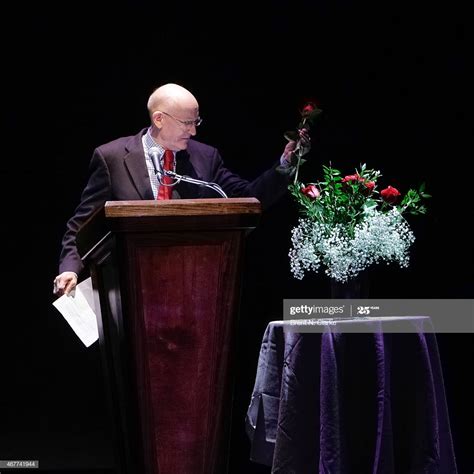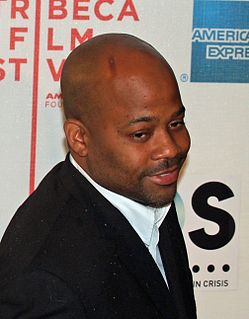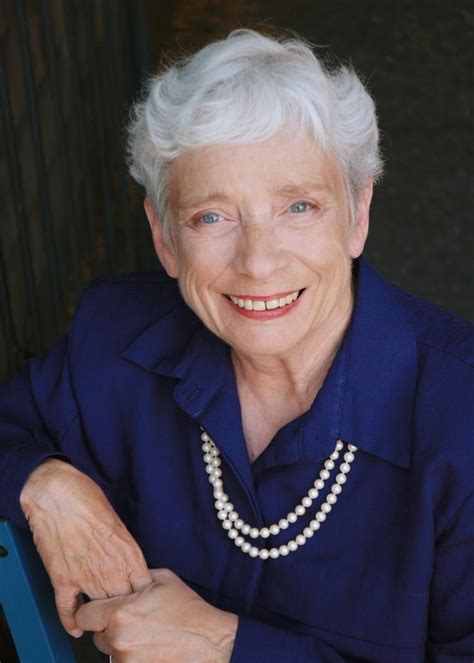A Quote by Jane Austen
Mr. Darcy began to feel the danger of paying Elizabeth too much attention.
Related Quotes
Do you dance, Mr. Darcy?" Darcy: "Not if I can help it!" Sir William: "What a charming amusement for young people this is, Mr. Darcy! There is nothing like dancing, after all. I consider it as one of the first refinements of polished societies." Mr. Darcy: "Certainly, sir; and it has the advantage also of being in vogue amongst the less polished societies of the world; every savage can dance.
As the tide of feminism that crested two decades ago recedes and the old advance-and-retreat games of courtship return, "Pride & Prejudice" speaks wistfully to the moment. Elizabeth Bennet and Fitzwilliam Darcy are tantalizing early prototypes for a Katharine Hepburn-Spencer Tracy ideal of lovers as brainy, passionate sparring partners. That the world teems with fantasies of Mr. Darcy and his ilk there is no doubt. How many of his type are to be found outside the pages of a novel, however, is another matter.
For [Jane Austen and the readers of Pride and Prejudice], as for Mr. Darcy, [Elizabeth Bennett's] solitary walks express the independence that literally takes the heroine out of the social sphere of the houses and their inhabitants, into a larger, lonelier world where she is free to think: walking articulates both physical and mental freedom.
Elizabeth, having rather expected to affront him, was amazed at his gallantry; and Darcy had never been so bewitched by any woman as he was by her. He really believed, that were it not for the inferiority of her connections, he should be in some danger of falling in love, and were it not for his considerable skill in the deadly arts, that he should be in danger of being bested by hers--for never had he seen a lady more gifted in the ways of vanquishing the undead.
What on earth did you say to Isola? She stopped in on her way to pick up Pride and Prejudice and to berate me for never telling her about Elizabeth Bennet and Mr. Darcy. Why hadn't she known there were better love stories around? Stories not riddled with ill-adjusted men, anguish, death and graveyards!





































